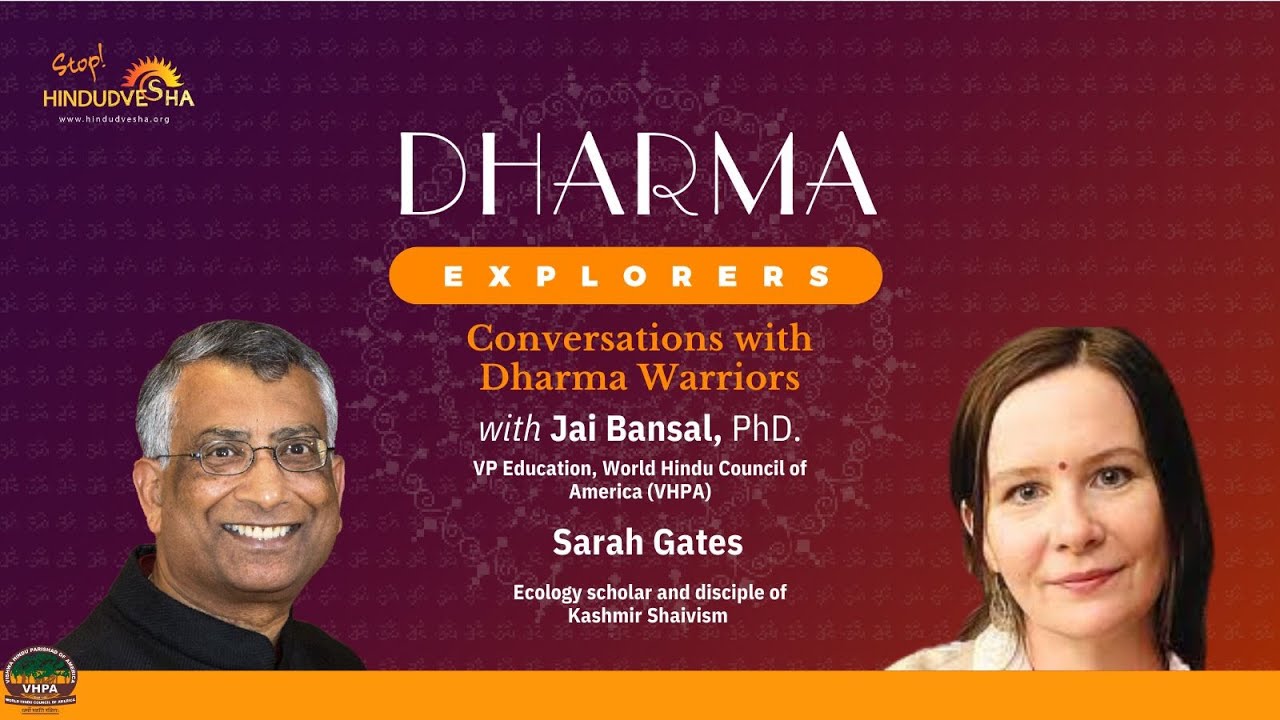

Exploring Ancient Indic Wisdom and Modern Science: An Interview with Omer Ghazi
Exploring Ancient Indic Wisdom and Modern Science: An Interview with Omer Ghazi
“The philosophy that is mentioned in ancient Indian scriptures, particularly the cosmic dance of Shiva, symbolizes the constant rhythm of creation and destruction, reflecting a profound understanding of reality that aligns with modern scientific discoveries.”
Omer Ghazi, a research associate at a public policy think tank, has an impressive journey into literature, philosophy, and geopolitics. He represented India at the Best Diplomats Dubai Conference 2023 and is known for his columns on history, culture, and geopolitics. On the creative side, Omer is a drummer and rap artist under the name MC Esquare and authored “The Cosmic Dance,” a book blending ancient Indic wisdom with modern science. Growing up in Delhi and studying at Aligarh Muslim University, he developed a deep love for literature and philosophy. His interests include Hellenistic philosophy, contemporary Western philosophers like Bertrand Russell, and classical English literature. Omer’s career began in teaching English, which eventually led him to a role at a public policy think tank, where he continues to contribute his insights and expertise.
Omer’s book, “The Cosmic Dance,” marries ancient Indic wisdom with modern science, inspired by Adi Shankaracharya and Shiva’s cosmic dance. His poetry, often spontaneous and varied, explores the idea that humans questioning reality are like fish asking, “Where is the water?” This philosophical inquiry led him to discover Adi Shankaracharya’s works, which fascinated him with their profound rhythmic poetry.
Omer’s passion for music found a unique blend with philosophy in Shankaracharya’s work. This confluence inspired him to explore ancient Indian scriptures deeply, particularly the cosmic dance of Shiva, symbolizing constant creation and dissolution. “The Cosmic Dance” reflects Omer’s connection to this timeless tradition of inquiry and scientific exploration, paying tribute to thousands of years of philosophical and scientific traditions.
Omer believes that ancient Indian scriptures contain fundamental principles that deserve deeper exploration. For example, the concept of “Spanda Karika,” which translates to the divine rhythm or vibration of creation, aligns with modern understandings of vibrations and frequencies in physical reality.
Another significant concept is the Vedantic emphasis on the observer, suggesting that our perception projects reality. This aligns with modern scientific experiments, such as Young’s double-slit experiment, which highlights the observer’s role in shaping reality. This notion challenges traditional scientific views and resonates with ancient Indian wisdom.
The cosmic dance, symbolizing the constant rhythm of creation and destruction, is likened to the dance of subatomic particles within an atom. The presence of Lord Nataraja’s statue at CERN in Geneva symbolizes the deep relationship between Shiva’s cosmic dance and the scientific pursuit of understanding subatomic particle behavior. These examples illustrate the sophisticated understanding of reality embedded in ancient wisdom, which modern science is only beginning to uncover.
Omer addresses the identity crisis within the Muslim community, advocating for a balanced religious and national identity. He believes that Muslims who integrate into the national framework and prioritize their identity as Indian citizens while practicing their faith privately should not feel threatened by the changes within Hindu society. This inclusive and integrated approach fosters harmony and progressive coexistence. Omer emphasizes that the Muslim community in India is not monolithic, with various constituencies holding different views. He advocates for treating these as distinct entities to promote understanding and inclusivity.
In conclusion, Omer’s exploration of ancient Indian wisdom and its connection to modern science highlights the timeless nature of human curiosity and the quest for understanding. His balanced approach to religious and national identity, along with his emphasis on dialogue and inclusivity, offers a hopeful vision for the future. As an Indian Muslim deeply rooted in his cultural heritage, Omer’s journey exemplifies the importance of reconnecting with one’s roots to navigate the complexities of contemporary society.



